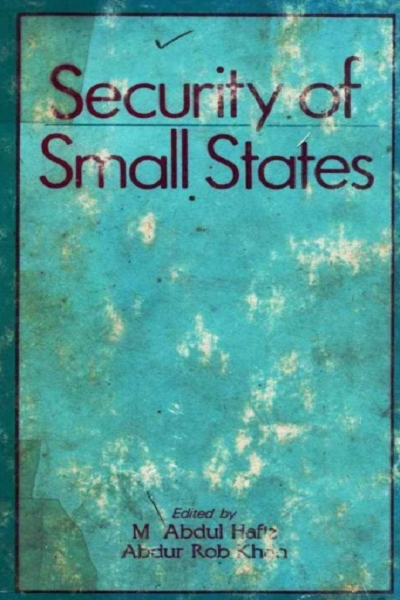Vulnerability, Agency and Institutional Choices

This edited volume examines how small states craft security in a world structured by asymmetry. Beginning with conceptual chapters, the book distinguishes between material vulnerability and strategic agency, arguing that size does not predetermine fate if institutions, alliances and domestic legitimacy are thoughtfully managed. Country cases—drawn mainly from South and Southeast Asia but in conversation with global examples—trace how small states calibrate balancing, bandwagoning and hedging; how they use international law, multilateralism and niche capabilities to constrain predation; and how economic openness with safeguards can expand policy space. A distinctive contribution is the attention to internal capacity: professional civil–military relations, merit-based bureaucracies, independent courts and disciplined public finance, all of which convert diplomatic intent into credible action. The volume explores non-traditional risks—disaster shocks, illicit flows, information disorder and supply-chain fragility—showing that societal resilience and human security are not adjuncts but pillars of national strategy. Throughout, the editors insist on practicality: hotlines and incident-at-sea rules that actually reduce miscalculation; trade facilitation and standards diplomacy that anchor market access; and transparent performance metrics that sustain public trust. By marrying realist sensibilities to institution-building, the book offers small states a usable grammar for surviving and prospering amid great-power rivalry.